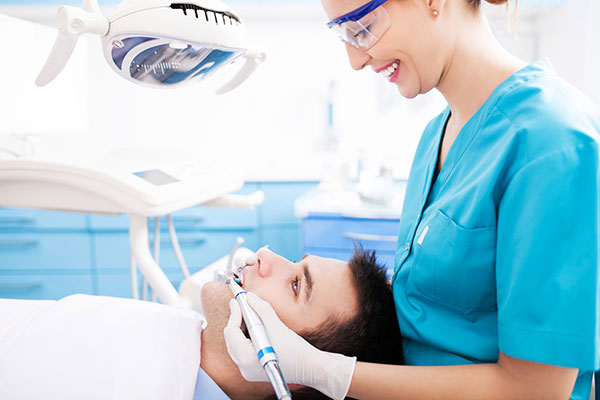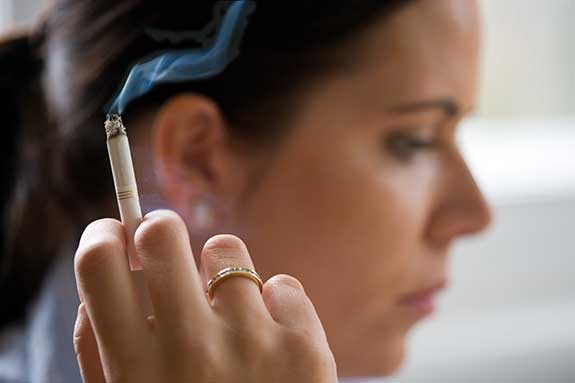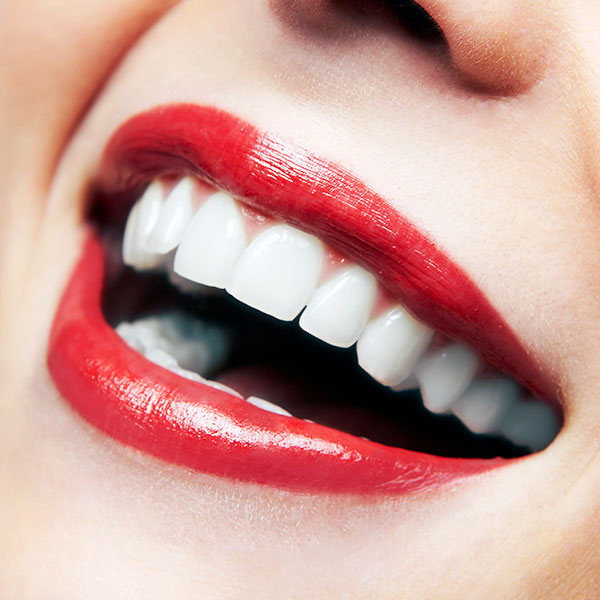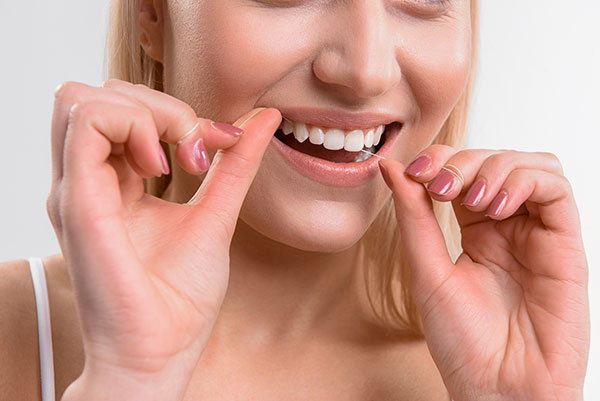
Spot the Signs of Oral Cancer Early
Oral cancer affects thousands of people every year. Early oral cancer detection is crucial for effective treatment and a better prognosis. However, the signs of oral cancer can be easily mistaken for less severe conditions. Follow these tips to help you understand the critical indicators of oral cancer, recognize the symptoms, and seek early treatment.
Understanding Oral Cancer
Oral cancer can develop in any area of the mouth, such as the tongue, lips, floor of the mouth, cheeks and the hard and soft palates. Risk factors for oral cancer include excessive alcohol consumption, tobacco use, human papillomavirus (HPV) infection, and prolonged sun exposure (for lip cancer).
Signs & Symptoms of Oral Cancer
Persistent Sores or Ulcers
A sore or ulcer in the mouth that doesn’t heal within two weeks is one of the most common signs of oral cancer. These sores are often painless initially but may become painful as the cancer progresses. If you notice a persistent sore, especially one with raised edges, it’s essential to have it checked by a healthcare professional.
Red or White Patches
The presence of red (erythroplakia) or white (leukoplakia) patches on the gums, tongue, tonsils, or mouth lining can be an early indicator of oral cancer. While not all such patches are cancerous, they should be evaluated, especially if they do not go away within a few weeks.
Unexplained Lumps or Thickening
Any unexplained lump, swelling, or thickening in the oral tissues should be a cause for concern. These masses can be found anywhere in the mouth or neck and may indicate the presence of a tumour.
Difficulty Swallowing or Chewing
If you experience persistent difficulty swallowing or chewing, it may be a sign of oral cancer. This symptom is often accompanied by a feeling that something is caught in your throat or a sensation of pain or burning when swallowing.
Numbness or Pain
Unexplained numbness or pain in any part of the mouth, face, or neck can be an early warning sign of oral cancer. This can include pain when speaking, swallowing, or moving the jaw or tongue.
Changes in Voice or Speech
A noticeable change in your voice, hoarseness, or slurred speech that persists over time may be related to oral cancer, especially if other symptoms are present.
Loose Teeth or Dentures
Oral cancer can affect the bones and tissues which support the teeth, leading to loose teeth or ill-fitting dentures. If you notice these changes, especially when they are accompanied by pain or swelling, consult your dentist or doctor.
Persistent Sore Throat or Earache
A sore throat that doesn’t go away or an earache that persists without apparent cause can be signs of oral cancer. These symptoms are often associated with cancers in the throat or the base of the tongue.
When to Seek Medical Attention
If you experience any of the above symptoms for more than two weeks, seeking medical attention is important. Early diagnosis of oral cancer significantly increases the chances of successful treatment. Your healthcare provider may recommend a physical examination, use imaging tests, or take a biopsy of the suspicious area to determine if cancer is present.
Preventive Measures
While recognizing the signs of oral cancer is crucial, prevention is always better than cure. Here are some preventive measures to reduce your risk:
Avoid Tobacco: Smoking or chewing tobacco is the leading cause of oral cancer. Quitting tobacco significantly lowers your risk.
Limit Alcohol Consumption: Excessive alcohol use, especially in combination with tobacco, increases the risk of oral cancer.
Protect Yourself from HPV: Vaccination against HPV can reduce the risk of oral cancers associated with the virus.
Maintain Good Oral Hygiene: Regular dental check-ups can help in the early detection of precancerous conditions.
Use Sun Protection: For those exposed to the sun for long periods, using lip balm with sunscreen can reduce the risk of lip cancer.
Remember, if you notice any unusual changes in your mouth or throat, especially those that persist for more than two weeks, don’t hesitate to consult a healthcare professional. Early action can save lives. Contact us to learn more or to schedule a consultation.






